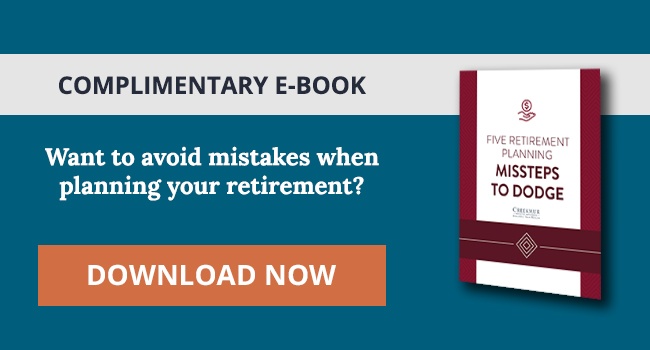Someday, you or your parents could be at risk.
You may know victims of financial elder abuse. According to a new Wells Fargo Elder Needs Survey, almost half of Americans do.1
As you read or hear stories about seniors being financially exploited, you may think: not me, I would never fall prey to that in my old age. Your parents? Same thing. They are too smart and too vigilant to be taken for a ride by a con artist or an unprincipled relative or caretaker.
This perception is only natural. When we are young, we never picture ourselves, or our parents, in decline. We are told 60 is the new 40, and 80 is the new 50. Perhaps so, but as some of the Wells Fargo survey data bears out, we may be overconfident in our ability to evade financial scams as we age.
Nearly 800 Americans aged 60 and older were asked if they believed senior citizens were vulnerable to financial abuse. Ninety-eight percent of the respondents said yes, but 81% were confident that it would never happen to them. Just 10% thought they were susceptible to such exploitation, and only 24% even worried about the possibility.1
The surveyors also contacted nearly 800 Americans aged 45-59 with elderly parents, and 75% of these Gen Xers and baby boomers felt their moms and dads would never succumb to such fraud.1
In short: financial elder abuse might happen to other people someday, but not to us.
This assumption may be flawed – after all, half the people Wells Fargo contacted said that they knew elders who had been financially exploited. Any perception that strangers are committing most of these crimes may be equally unfounded. The Jewish Council for the Aging states that 66% of financial elder abuse is carried out by family members, friends, or trusted third parties.1
What actions can be taken to try and shield your parents from such abuse? As a first step, you and your parents can meet with an estate planning attorney to put a signed financial power of attorney in place (if one is absent). Should your mom or dad lose the capacity to make financial decisions on their own, this document can authorize you (or another family member) to make worthy decisions on their behalf.1
There are also software programs, such as EverSafe, that are designed to pinpoint odd financial transactions for a household or business. Such activity is flagged, and a financial advocate for the person or business is then signaled.1


